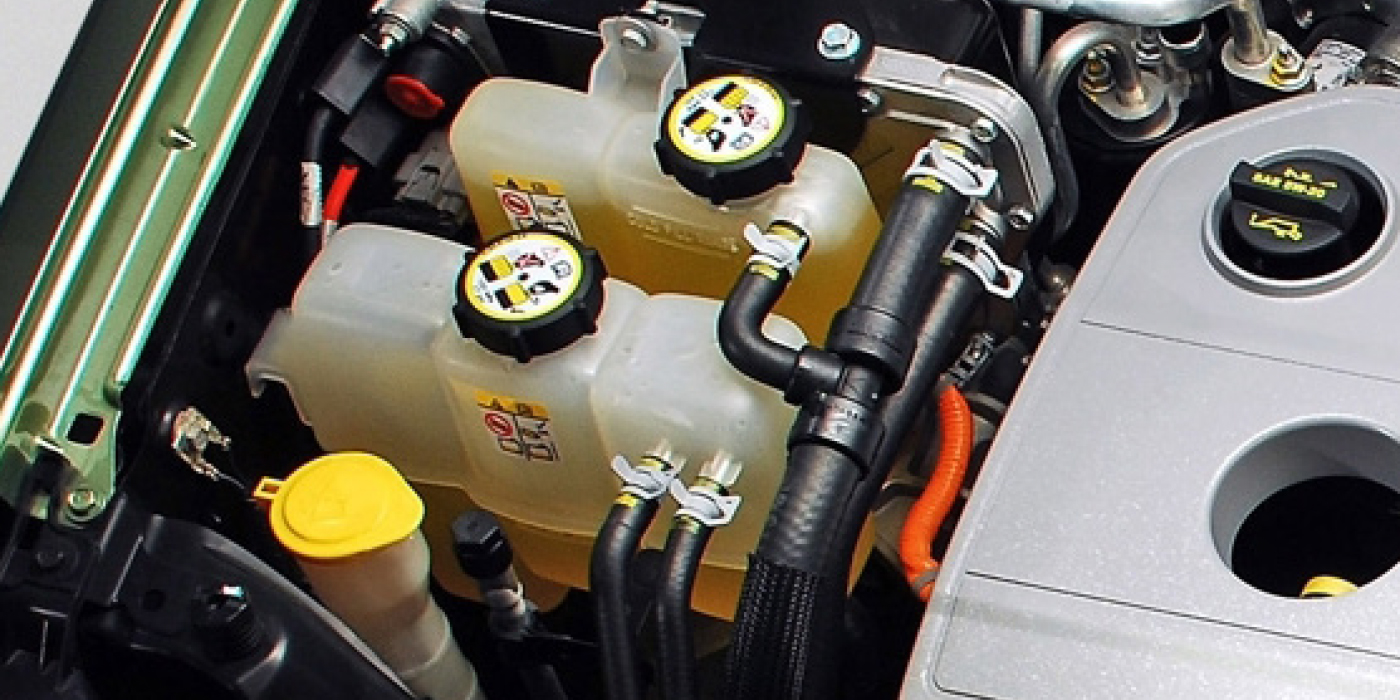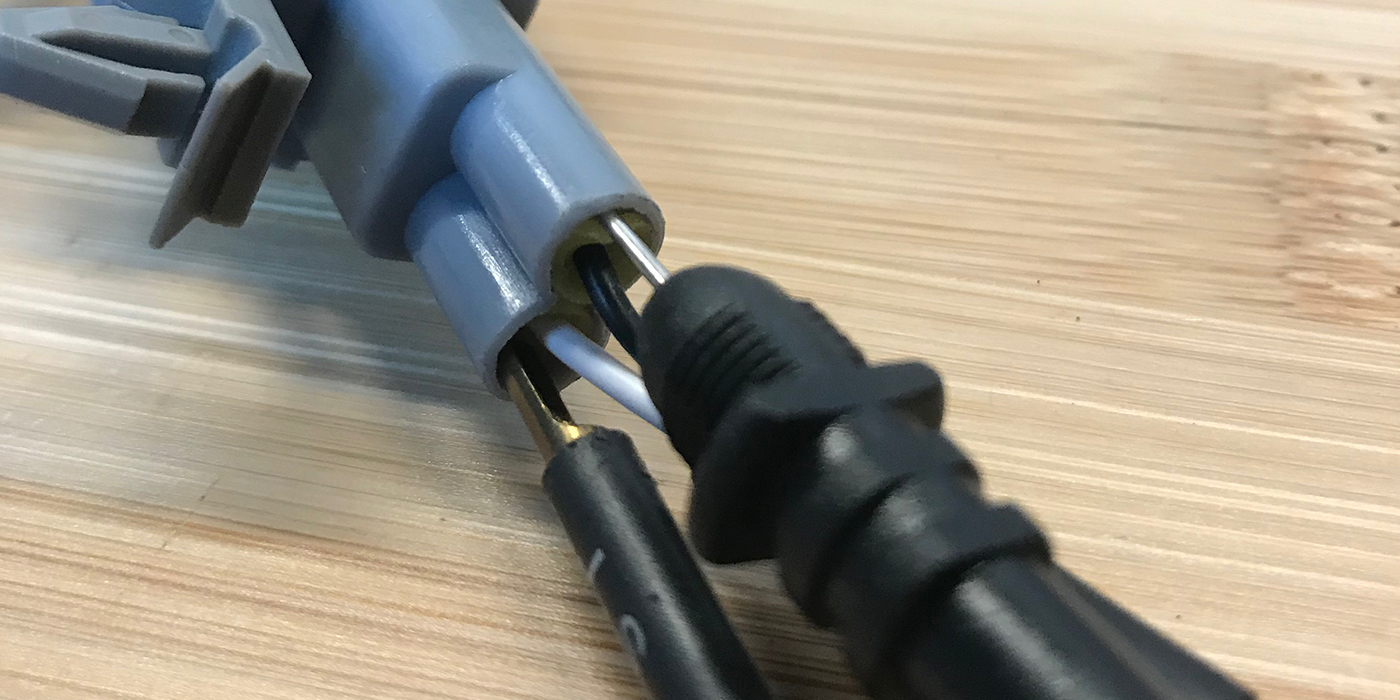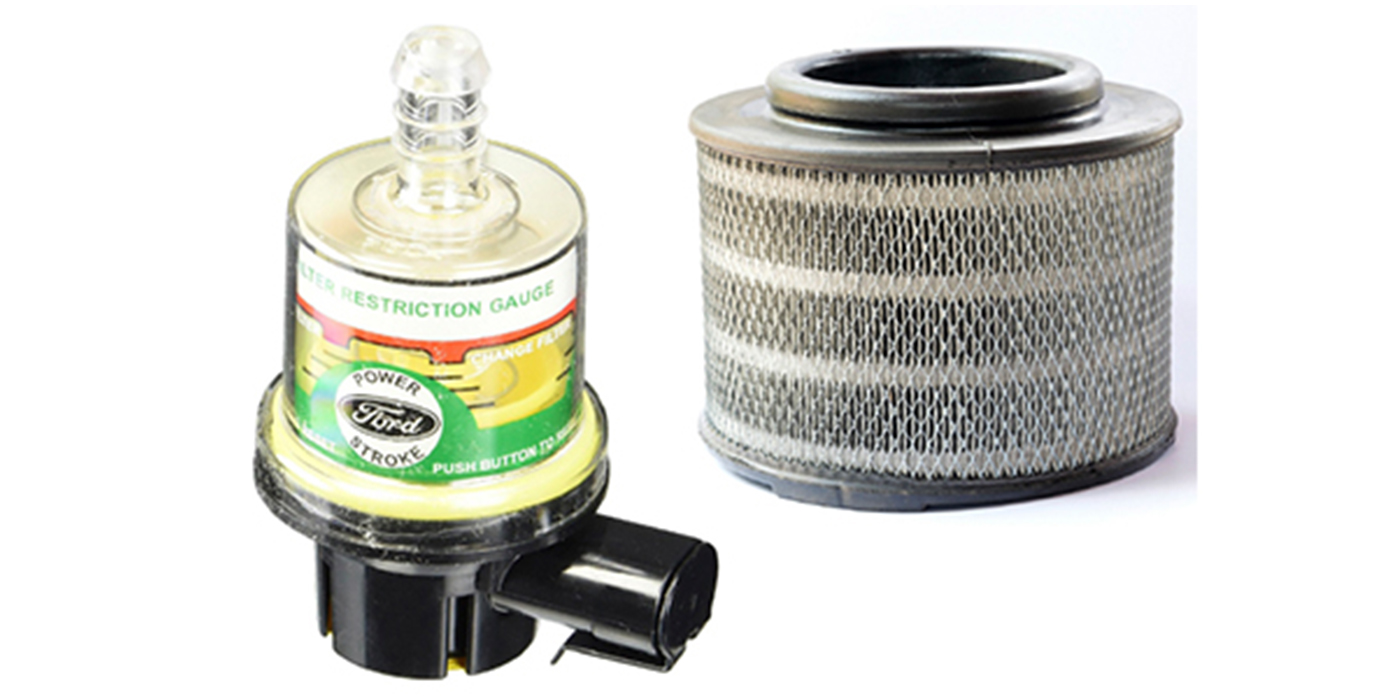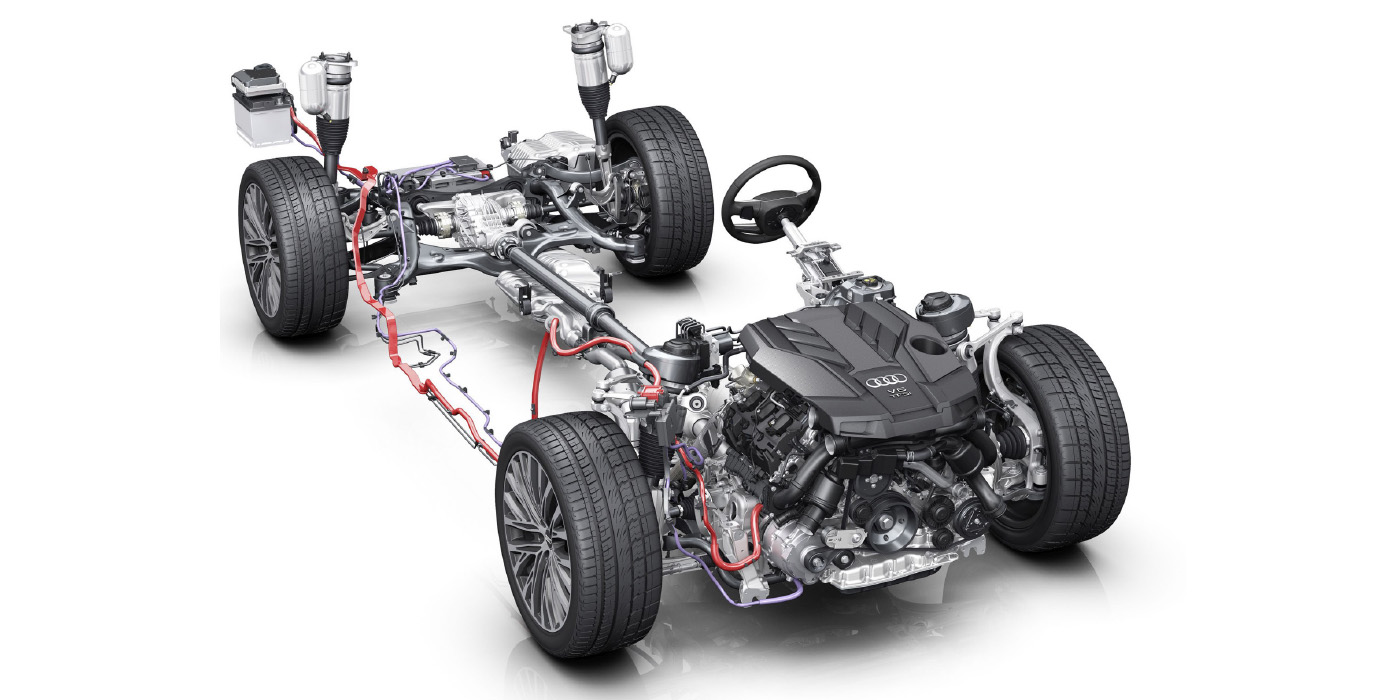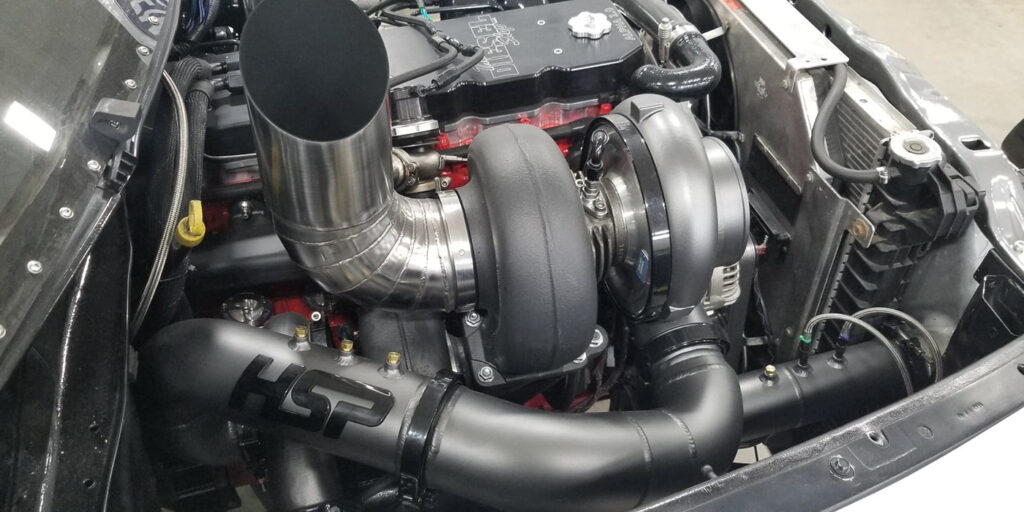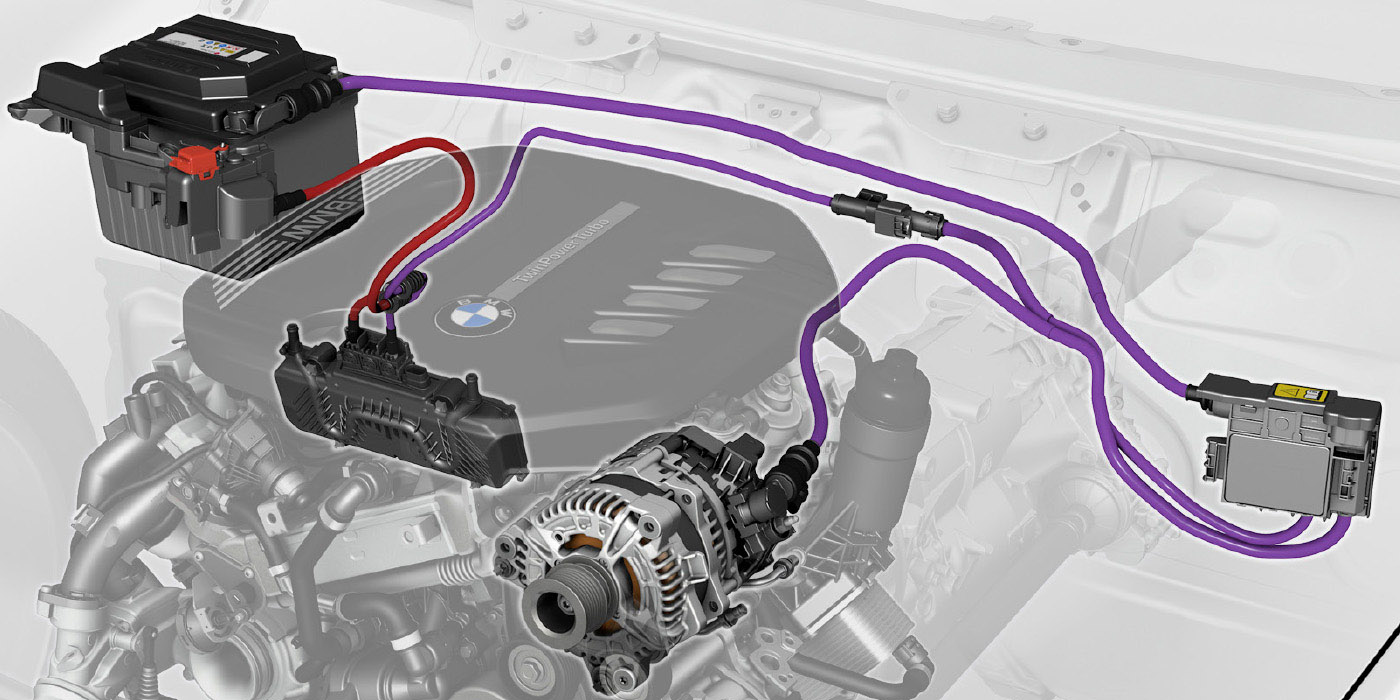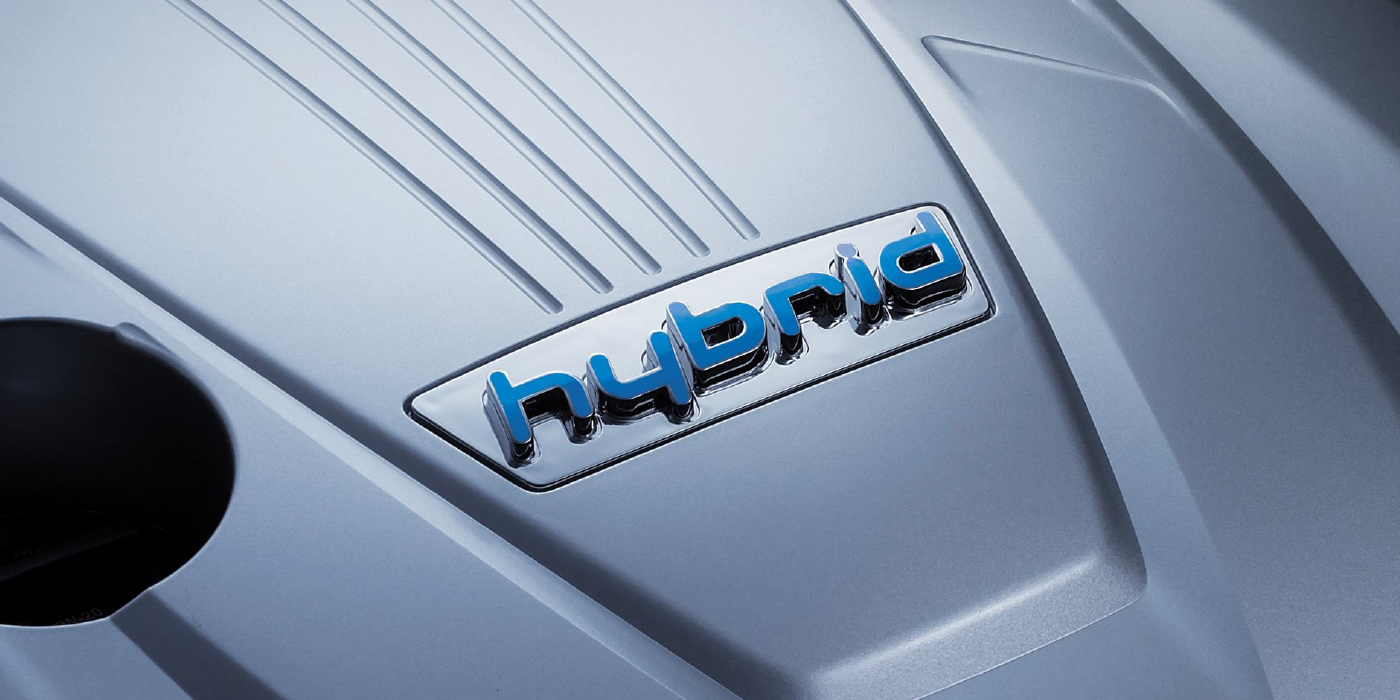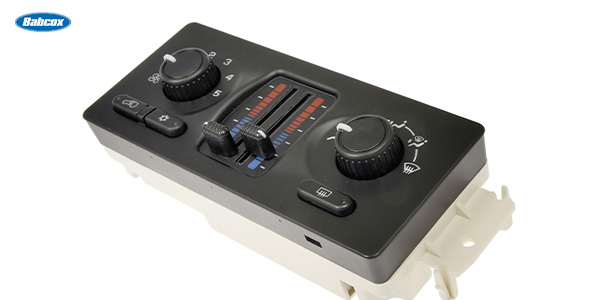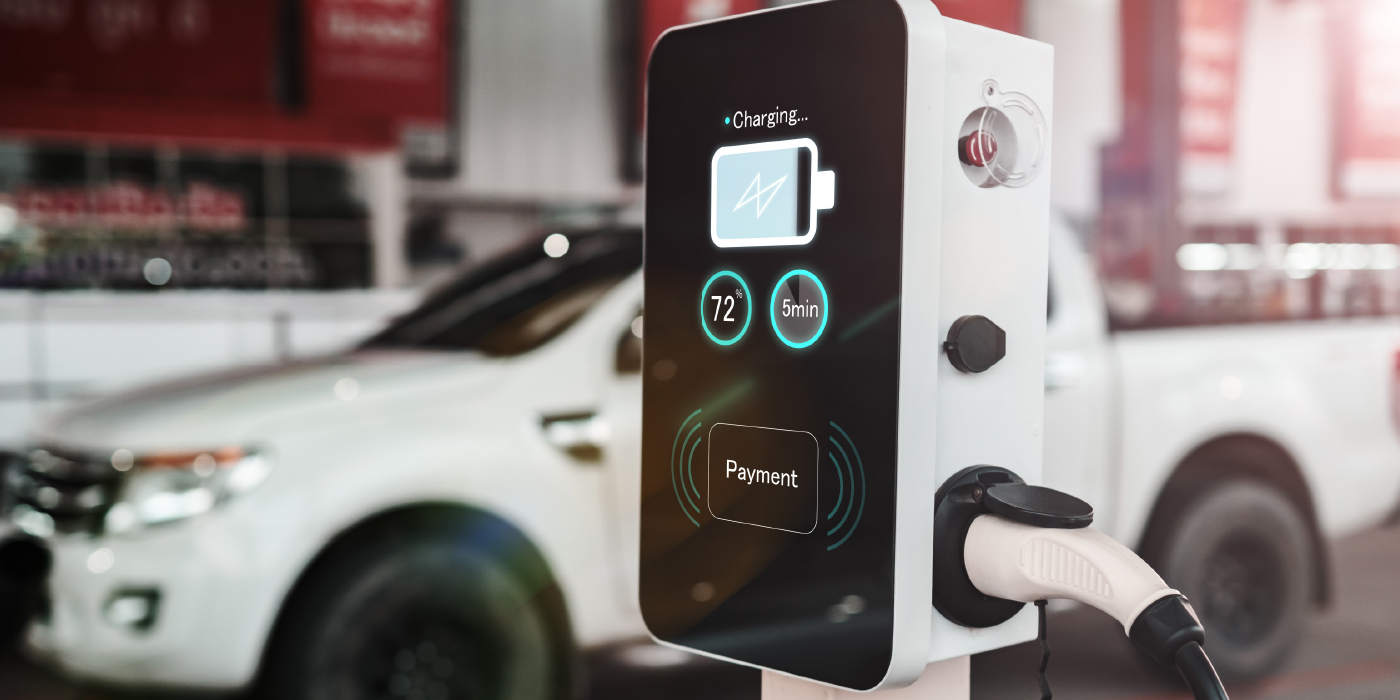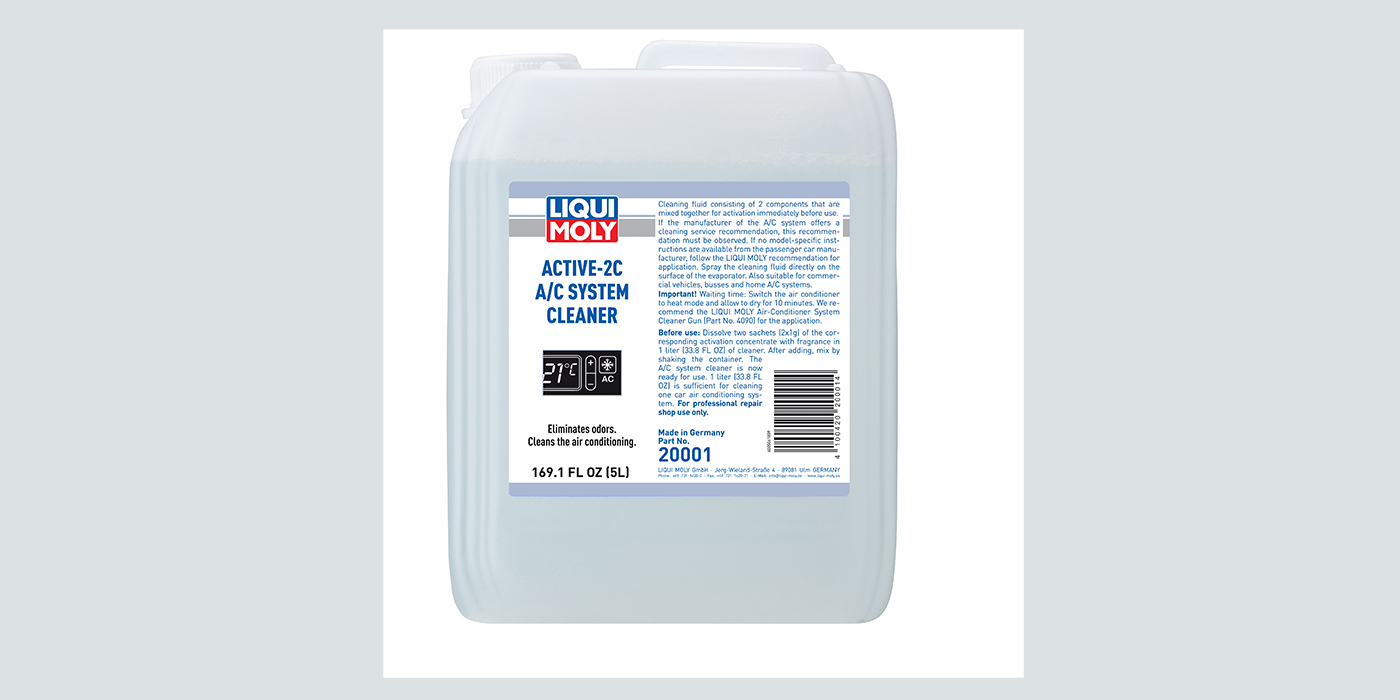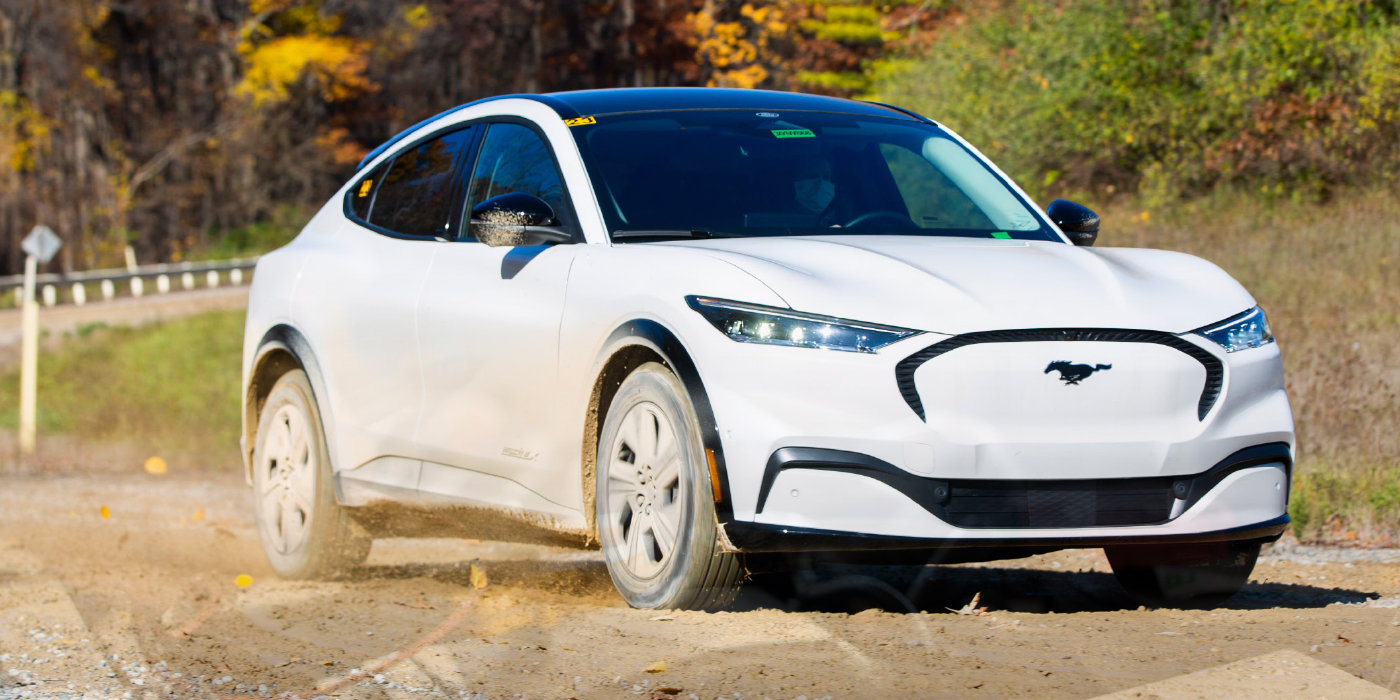HVAC systems differ from one hybrid to the next, and some systems, such as those on Honda and Toyota Prius 2001-’03 models, have used a scroll compressor, which can be powered via a belt when the engine is running, or electrically when the engine is off. Most of the newer hybrids have changed to an inverter compressor, which is a high-voltage electrical motor. The motor runs on high-voltage AC supplied by the A/C inverter located in the inverter or affixed to the A/C compressor itself, so compressor operation does not depend on the engine.
The electric compressor consists of a spirally wound fixed scroll and variable scroll with a brushless motor. These systems use a special high insulation for compressor lubrication. The compressors are a wet sump type with the armature submerged in oil for lubrication and cooling. Oil-based florescent dye should not be added to electrical compressor systems due to electrical conductivity.
Leak detection dye, when used in the proper quantity, will not harm air conditioning components or those working with it. If a vehicle was manufactured with leak detection dye, adding more is not necessary, unless prior air conditioning system flushing or multiple refrigerant component replacement caused the dye to be removed from the system.
Leak Detection Dye
There is a specific dye for hybrid electric vehicles that use R-134a in the air conditioning system equipped with an electric compressor. Hybrid electric vehicle leak detection dye is polyolester based and is specific to hybrid electric vehicles.
The R-134a leak dye used for non-hybrid electric vehicles uses PAG oil, which is hygroscopic. Using it in a hybrid vehicle, even in the smallest amount, can create an air conditioning compressor failure. The oil in the dye breaks down the insulating properties of the windings on the electric motor portion of the compressor. These windings are immersed in compressor oil, and ester oil is used to protect the insulation on the windings to prevent electrical leakage. The addition of PAG oil into a hybrid air conditioning system designed for ester oil may result in an air conditioning system malfunction.
Additionally, in hybrid vehicles with an electric compressor, when a dye containing a lubricant other than ester oil is added to the air conditioning system, it contaminates the air conditioning system. Flushing the system must be performed to remove the dye. In fact, because of the contamination concern with dye, Honda does not approve its use in hybrid vehicles. Toyota does not recommend dye for any of its air conditioning systems.
Hybrid Compressor Do’s and Don’ts
Do’s:
• Do use PAG 46 oil or equivalent on first-generation 2001-’03 Prius.
• Do use PAG 46 oil or equivalent on 2000-’06 Insight and 2005 Civic.
• Do always refer to manufacturers’ recommendations when servicing A/C systems.
• Do shut down high-voltage battery power when servicing any high-voltage A/C compressor.
Dont’s:
• Do not use any compressor oil other than ND-11 or equivalent on Toyotas.
• Do not use PAG oil on vehicles with HV compressors.
• Do not use any compressor oil other than SE-10Y or equivalent on Hondas.
• Do not use any compressor oil other than what’s recommended by the manufacturer.
• Do not use safety or test equipment on high-voltage systems unless they’re tested or certified for use on high-voltage systems.
• Do not flush high-voltage systems.
Courtesy of Delphi Product & Service Solutions.

